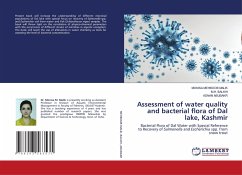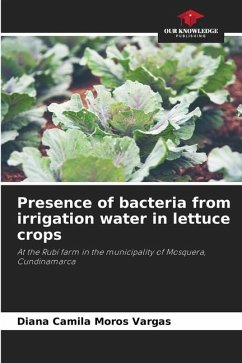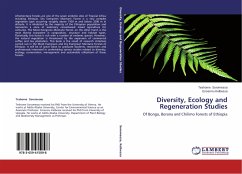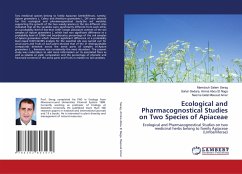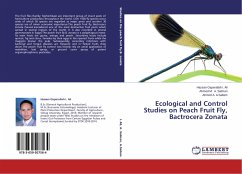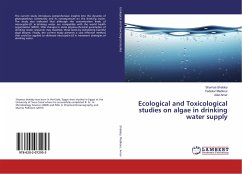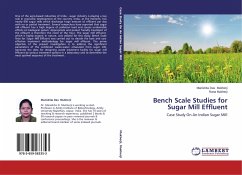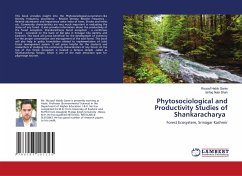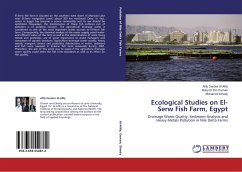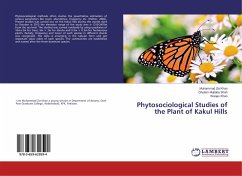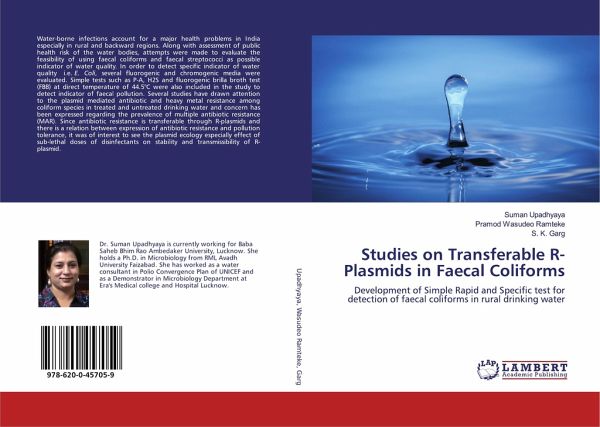
Studies on Transferable R-Plasmids in Faecal Coliforms
Development of Simple Rapid and Specific test for detection of faecal coliforms in rural drinking water
Versandkostenfrei!
Versandfertig in 6-10 Tagen
47,99 €
inkl. MwSt.

PAYBACK Punkte
24 °P sammeln!
Water-borne infections account for a major health problems in India especially in rural and backward regions. Along with assessment of public health risk of the water bodies, attempts were made to evaluate the feasibility of using faecal coliforms and faecal streptococci as possible indicator of water quality. In order to detect specific indicator of water quality i.e. E. Coli, several fluorogenic and chromogenic media were evaluated. Simple tests such as P-A, H2S and fluorogenic brilla broth test (FBB) at direct temperature of 44.5°C were also included in the study to detect indicator of fae...
Water-borne infections account for a major health problems in India especially in rural and backward regions. Along with assessment of public health risk of the water bodies, attempts were made to evaluate the feasibility of using faecal coliforms and faecal streptococci as possible indicator of water quality. In order to detect specific indicator of water quality i.e. E. Coli, several fluorogenic and chromogenic media were evaluated. Simple tests such as P-A, H2S and fluorogenic brilla broth test (FBB) at direct temperature of 44.5°C were also included in the study to detect indicator of faecal pollution. Several studies have drawn attention to the plasmid mediated antibiotic and heavy metal resistance among coliform species in treated and untreated drinking water and concern has been expressed regarding the prevalence of multiple antibiotic resistance (MAR). Since antibiotic resistance is transferable through R-plasmids and there is a relation between expression of antibiotic resistance and pollution tolerance, it was of interest to see the plasmid ecology especially effect of sub-lethal doses of disinfectants on stability and transmissibility of R-plasmid.





